Google is an iconic tech company based in Mountain View, California. It was founded in 1996 by Stanford University students Larry Page and Sergey Brin to offer Internet services. The company operates as a subsidiary of the Alphabet Group and employs around 119,000 people.
With over a $1.5 trillion market cap, Google is the fourth most valuable public company globally after Apple, Microsoft, and Amazon. Google is ranked 13th globally on Fortune Global 500. In 2020, Google’s annual revenue was $183 billion. [1]
Google diversified from internet search into cloud computing, video-sharing, digital ads, streaming services, smartphones, AI, self-driving cars, and health technology. The company has maintained its leadership in online advertising for over a decade.
In 2021, Google commands nearly a 29% share of digital ad spending globally. Google’s ads business generated $147 billion in 2020, over 80% of Alphabet’s revenue. The company faces stiff competition across all business segments from giants like Microsoft, Facebook, Amazon, and Apple. Google also has to fend off upcoming brands that offer alternatives for its products like TikTok. [2]
Here is an in-depth analysis of top Google’s competitors and alternatives:
Google’s Search Competitors and Alternatives
Google is the world’s leading search engine. In 2020, Google Search generated $104 billion, over 71% of Google’s ad revenue.
1. Bing
Year founded: 2009
Headquarter: Redmond, Washington
Bing is a web search engine owned and operated by Microsoft. It is the second most popular search engine after Google. In 2020, Bing’s search advertising revenue was $7.74 billion, a fraction of Google’s over $100 billion search revenue.
Bing controls 36.96% of the US search market. However, Google commands 87.76% of the global search market versus Bing’s 5.56% share. In Feb 2021, Bing switched its primary review source from Yelp to Facebook Reviews.
This move will increase Bing’s competitive edge over Google Search. Microsoft is also Google’s top competitor in other business segments, including Microsoft Edge vs. Chrome, Azure vs. Google Cloud, and Microsoft 365 vs. Google Workspace. Integration with Microsoft’s solutions can entice businesses to use Bing instead of Google. Bing is Google’s top competitor in an online search. [3]
2. Yahoo!
Year founded: 1994
Headquarter: Sunnyvale, California
Yahoo is a search engine and one of the pioneers in Internet services. In 2017, Verizon acquired Yahoo! for $ 4.48 billion. The company also offers financial news, a business directory, and e-mail and instant message services. In 2020, Yahoo had over 8,600 employees and generated $5.17 billion in revenues.
Yahoo is the third most popular search engine globally. As of Jun 2021, Yahoo’s market share was 2.71%, behind market leader Google at 87.76% and Bing at 5.56%. The company controlled only 1.66% of the market in 2019 versus Google’s 92%.
So, Yahoo grabbed more than 1% market share in less than 2 years, while Google lost about 4%. Yahoo is one of the most experienced Google Search competitors. [4]
3. Baidu
Year founded: 2000
Headquarter: Beijing, China
Baidu is China’s largest web search engine that offers Internet services, AI developments, and other tech services. The company diversified into AVs, driverless taxi app, and first-gen Kunlun chips, valued at $2 billion. In 2020, Baidu had 37,779 employees and generated $15.4 billion in revenues.
Baidu is the fourth most popular search engine globally, behind Google, Bing, and Yahoo. But it is the top search engine in China with 75% of the market, ahead of Google. Baidu’s “robocar” also competes with Google’s autonomous vehicle. Baidu is Google Search’s top competitor in China. [5]
4. Yandex
Year founded: 2000
Headquarter: Moscow, Russia
Yandex is a Russian multinational tech company that offers Internet search services. The company also develops intelligent products and services powered by machine learning. In 2020, Yandex had 10,227 employees and generated $3.02 billion in revenues and $173 million in profits.
The main competitive advantage for Yandex is its diversified portfolio, including transportation, e-commerce, mobile applications, and search and information services. In Aug 2021, Yandex bought out Uber in their joint food tech, delivery, and self-driving businesses as part of a $1 billion deal.
In Russia, Yandex controls 44.89% of the search engine market and ranks first ahead of Google. But it ranks fifth globally. Yandex is the top competitor for Google Search in Russia. [6]
5. DuckDuckGo
Year founded: 2008
Headquarter: Paoli, Pennsylvania
DuckDuckGo is an Internet search engine designed to protect searchers’ privacy. The company’s selling point is its privacy-first model. Unlike Google, DuckDuckGo doesn’t personalize search results or display search results from content farms. Today, DuckDuckGo employs 78 people and generates around $25 million annually.
The platform guarantees users’ anonymity online, which is enticing for consumers. In the past year, DuckDuckGo’s app has been downloaded more than 50 million times. This figure is higher than all its app downloads in the past 13 years combined. In the US, DuckDuckGo is the fourth most popular search engine behind Google, Bing, and Yahoo! It controls 1.29% of the US search engine market. DuckDuckGo is the best Google Search alternative for privacy-conscious consumers. [7]
Google Online Advertising Competitors and Alternatives
Google generates about 90% of its revenue from online advertising.
6. Facebook
Year founded: 2004
Headquarter: San Francisco, California
Facebook is the world’s most popular social media and networking service. The platform has over 2.85 billion monthly active users, with India, the US, and Indonesia in the top three. In 2020, Facebook’s revenue increased by 21.6% to $85.96 billion.
Like Google, Facebook generates most of its revenue from digital ads. Facebook controls a 24% share of digital ad spending globally in 2021, behind Google at 29% share. The company also offers recommendations, which compete with Google’s reviews.
Microsoft Bing recently adopted Facebook as its primary review source. Facebook also owns leading social media platforms like Instagram, WhatsApp, Messenger, and Oculus, which increase its competitive edge over Google. With over 2.2 billion users, Facebook is the top Google competitor and alternative for businesses seeking to advertise to consumers. [8]

7. Alibaba
Year founded: 1999
Headquarter: Zhejiang, China
Alibaba is a leading Chinese tech company that offers eCommerce and Internet services. With a $657.5 billion valuation, Alibaba is the 23rd-largest public company globally. In 2020, Alibaba Group generated $93.8 billion in revenues with $23.3 billion in profits.
In 2021, Alibaba commands a 9% share of digital ad spending globally. It is the third most popular digital ad platform, behind Google and Facebook. In May 2021, Alibaba was fined $2.8 billion by China’s market authority for anti-competitive practices.
As a result, Alibaba posted its first quarterly loss since going public in 2004. The fine also taints Alibaba’s reputation and undercuts its competitive advantage over Google. [9]
8. Amazon Inc.
Year founded: 1994
Headquarter: Seattle, Washington
Amazon is an innovative tech company that operates the world’s largest eCommerce platform. It is one of the Big Four tech giants, along with Google, Apple, and Microsoft. For the full year 2020, Amazon’s revenue increased by 34% to $380 billion.
Amazon has been expanding its digital ads services in the past few years, particularly in the US. According to eMarketer, Amazon has a 10.3% share of the US digital ad market. The company is now third in the US digital ad space, behind Google at 28.9% and Facebook at 25.2%.
In 2020, Amazon’s US ad revenues surged 52.5% to $15.73 billion. Amazon is a formidable Google competitor in the US digital ad market. [10]
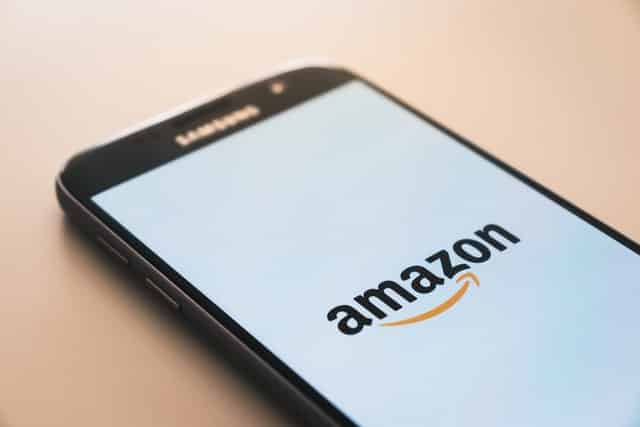
Google’s Competitors in Personal Computing and Productivity Services
Google offers a wide range of business productivity tools like Workspace and solutions for general consumers, such as Gmail and Chrome.
9. Microsoft
Year founded: 1975
Headquarter: Redmond, Washington
Microsoft is a multinational tech company that provides software, enterprise-level services, and consumer electronics. This iconic company competes with Google across all business segments. In 2020, Microsoft had 163,000 employees and generated $153.3 billion in revenues with over $51 billion in profits.
Microsoft 365 Office is the top competitor for Google’s Workspace. Although 365 Office offer tons of apps and features, Workspace is cheaper. Microsoft 365 costs between $5 and $57 per user per month, while Google Workspace’s pricing ranges from $6 to $18/user/month. [11]
Other areas of competition between the two rivals include Cortana vs. Google Assistant, Outlook vs. Gmail, OneDrive vs. Google Drive, and Bing Maps vs. Google Maps. In the browser market, Microsoft Edge has an 11.77% share vs. Google Chrome’s 59%. But Microsoft outperforms Google in the consumer electronics market.
In 2021, Microsoft’s sales are expected to increase by 16%. With over $2 trillion valuations, Microsoft is the second most valuable public company globally. It is a worthy competitor for Google. [12]
10. Apple
Year founded: 1976
Headquarter: Cupertino, California
Apple is the world’s most valuable technology company, with a brand value of $241.2 billion. The company specializes in consumer electronics, software, and online services. In 2020, Apple had 137,000 employees and annual revenue of $274 billion.
Apple’s iOS has around 11% of the world market versus 84% share for Google’s Android. Apple AppStore generates $5.1 million in revenues daily, while Google Play Store makes $1.1 million per day. However, Apple’s apps cost more than Google’s apps. In the web browser sector, Apple’s Safari is pitted against Google Chrome. Other areas of competition include Apple Maps vs. Google Maps, Apple Music vs. YouTube, Apple TV vs. Play Movies, Siri vs. Google Assistant, and Google Pay vs. Apple Pay. In the smartphone sector, Apple’s iPhone outperforms Google’s Pixel 2 by a wide margin. Apple is a formidable competitor for Google. [13]

11. Yelp
Year founded: 2004
Headquarter: San Francisco, California
Yelp is a leading crowd-sourced business review platform. It aggregates consumer reviews of restaurants, retailers, entertainment, hospitals, and service providers. In 2020, Yelp had over 3,900 employees and generated $849 million in revenues.
Yelp attracts 43 million unique visitors annually. The platform has accumulated over 206.3 million reviews of local businesses. In 2021, Yelp introduced several features to enhance the authenticity of consumer reviews posted on its site. The company removed nearly 4,500 false reviews from Jan to Aug 2021. Yelp is the best alternative to Google for independent consumer reviews. [14]
12. Mozilla
Year founded: 1998
Headquarter: Mountain View, California
Mozilla offers open-source software products, including a web browser, bug tracking systems, and apps. The company has over 1000 employees with a $450 million annual turnover.
In the US, Mozilla Firefox controls only 6% of the web browser market versus Chrome’s 59% share. Firefox is the second most popular browser in the European market, with a 12% share. Mozilla’s Firefox browser is one of the top alternatives for Google Chrome. [15]
13. Adobe
Year founded: 1982
Headquarter: San Jose, California
Adobe is a leading software developer specializing in digital experiences. The company’s software products compete with Google’s offerings. In 2020, Adobe had 22,516 employees and generated $12.87 billion in revenues.
Adobe Analytics is one of the best alternatives to Google Analytics. Businesses can use Adobe’s or Google’s analytics to conduct website data analysis and improve users’ experience.
But Adobe Analytics costs around $500/month, while Google Analytics is free. The two companies also compete in the cloud sector, with Adobe Marketing Cloud pitted against Google Cloud Platform. Adobe is Google’s top competitor in digital experiences. [16]
Google’s Competitors in Video-Sharing and Streaming Services
Google offers video-sharing services via YouTube and streaming services through Chromecast.
14. Roku
Year founded: 2002
Headquarter: San Jose, California
Roku is the leading pay-tv streaming platform. The company also offers TV set-top boxes, smart TV OS, and multimedia players. In 2020, Roku had 1925 employees and generated $1.778 billion in revenues.
Roku Channel and the pay-tv platform compete with Google Chromecast. The company has 51.2 million active accounts on its pay-tv platform and 63 million subscribers on the Roku Channel. In 2020, Roku Channel generated $1.268 billion in ad revenues. Roku is the top Google Chromecast competitor and alternative. [17]
15. Amazon Fire TV
Year founded: 2014
Headquarter: Seattle, Washington
Amazon Fire TV is a streaming service offered by eCommerce giant Amazon Inc. The platform competes with Google Chromecast and YouTube. In 2021, Amazon Fire TV has over 40 million subscribers, way more Chromecast.
In 2020, Amazon Fire TV partnered with Roku to offer its services across both platforms. Fire TV customers can now stream content via Roku, which increases its competitive advantage over Chromecast. As a subsidiary of Amazon Inc, Fire TV has enough resources to grab Chromecast’s market share. [18]

16. TikTok
Year founded: 2012
Headquarter: Shanghai, China
TikTok is a social networking and video-sharing platform. It is a subsidiary of China entertainment giant ByteDance. In 2020, TikTok gained more than 700 million users and booked its place as one of the leading social media platforms. As a result, ByteDance’s surged 111% to $34.3 billion.
TikTok is the top competitor for YouTube. The rivalry between the two platforms divided the virtual space into two camps. On Jun 12, 2021, TikTokers vs. YouTubers Fight was organized and pitted the best content creators on each platform against each other. YouTube creators won six out of seven matches. Today, TikTok has over 1 billion users from over 150 countries. TikTok’s popularity among Gen-Zs and Millennials makes it the top YouTube competitor. [19]
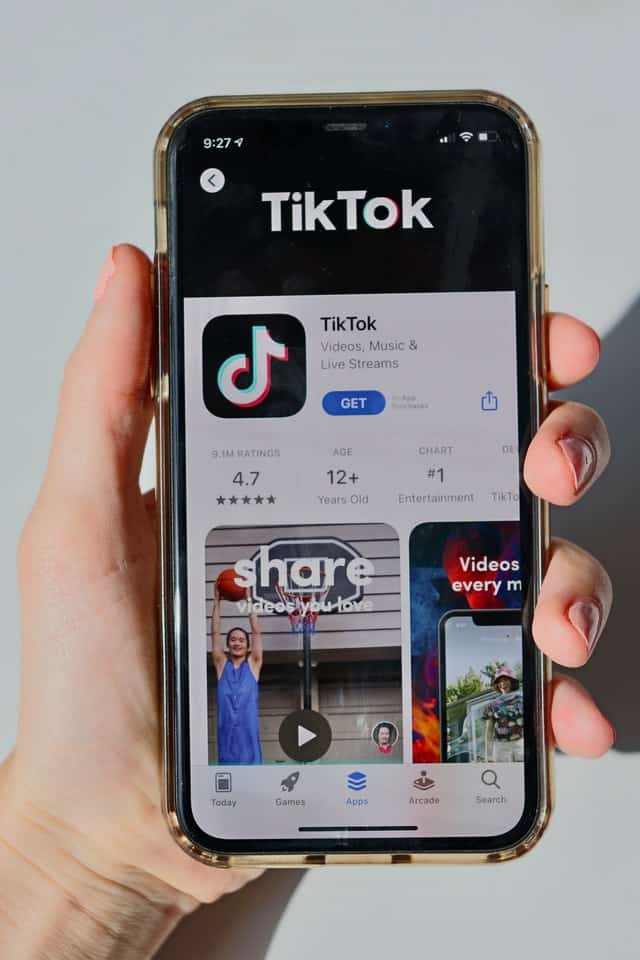
17. Instagram
Year founded: 2010
Headquarter:
Instagram is a photo and video-sharing platform owned by Facebook. The platform allows users to share photos and videos. In 2020, Instagram brought in $20 billion in ad revenue.
Instagram controls about 7% of the global social media market share, more than double YouTube’s 3.28% share. In 2021, the platform has 1.16 billion users.
The company recently introduced a new section called Instagram Stories, which attracts 500 million users daily. Facebook’s backing gives Instagram a significant competitive advantage over YouTube. [20]

Google’s Cloud Services Competitors and Alternatives
Google Cloud Platform is the fourth most popular cloud computing service, with 5% of the market.
18. Amazon Web Service (AWS)
Year founded: 2006
Headquarter: Cupertino, California
Amazon Web Services (AWS) is the global leader in public cloud services. This platform is a subsidiary of eCommerce giant Amazon Inc. and operates in 77 zones across 245 countries. In 2020, AWS generated $45.37 billion in revenues.
AWS is the most comprehensive cloud platform, with more than 175 fully-featured services. Users can access advanced analytics tools and computing, database, and storage services. AWS controls 32.4% of the global cloud market, about six times GCP’s market share. As a subsidiary of Amazon Inc, AWS has substantial financial resources to fend off the Google Cloud Platform. [21]
19. Microsoft Azure
Year founded: 2010
Headquarter: Redmond, Washington
Microsoft Azure is a cloud computing platform. More than 5 million organizations and 4 million developers globally use Azure. Today, Azure generates $14.3 billion per quarter and over $50 million annually.
Azure is the second most popular cloud platform with 17% of the market. However, Azure makes more revenue than AWS and GCP combined. The main competitive advantage for Azure is integration with Microsoft’s ecosystem. Most companies already using Microsoft’s enterprise solutions are more likely to use Azure instead of GCP. [22]
20. Alibaba Cloud
Year founded:
Headquarter:
Alibaba Cloud is a cloud computing that operates as a subsidiary of Alibaba Group. It is the third-largest cloud service provider globally, with around a 7% market share. However, there is a small margin between Alibaba Cloud and GCP. So, the two services switch positions regularly.
Unlike GCP and other platforms, Alibaba Cloud uses Cloud Enterprise Network (CEN). This functionality allows its customers who are working on multi-regional applications to control the latency and bandwidth. Alibaba Cloud’s dominance of the Asian market gives it a competitive edge over Google Cloud Platform. [21]
References & more information
- Fortune (2021, Jan 1). Fortune Global 500. Fortune
- Graham, M. (2021, May 18). How Google’s $150 billion advertising business works. CNBC
- Batt, S. (2021, Feb 16). Microsoft Bing Ditches Yelp for Facebook Reviews. MUO
- Johnson, J. (2021, Jul 8). Global market share of search engines 2010-2021. Statista
- Cheng, E. (2021, Aug 18). China’s Baidu launches a second chip and a ‘robocar’ as it sets up a future in AI and autonomous driving. CNBC
- Rzhevkina, A. (2021, Aug 31). Yandex takes more control of the Russian venture with Uber in a $1 bln deal. Reuters
- Benjamin, A. (2021, Aug 20). Google Search rival DuckDuckGo: What to know about the private search engine. CNET
- Graham, M. (2021, May 18). How Google’s $150 billion advertising business works. CNBC
- Mehta, C. (2021, May 13). Anti-monopoly fine pushes Alibaba to first operating loss as a public company. Reuters
- Bruell, A. (2021, Apr 6). Amazon Surpasses 10% of US Digital Ad Market Share. The Wall Street Journal
- Bott, E, (2021, Jun 14). Microsoft 365 vs. Google Workspace: Which productivity suite is best for your business? ZDNet
- Lahiff, K. (2021, Jun 24). Microsoft vs. Apple: Traders debate which $2 trillion stock is the better bet. CNBC
- Editorial (2021, May 18). Open Warfare: Google vs. Apple. Great Business Schools
- Perez, S. (2021, Aug 5). Yelp adds tools that let businesses share their COVID policies related to vaccines. Tech Crunch
- Liu, S. (2021, Jul 20). US desktop internet browsers market share 2015-2021. Statista
- Jalil, M. (2021, Feb 10). Adobe Analytics vs. Google Analytics: A complete comparison. Lucrative
- Frankel, D. (2021, Feb 19). Roku Reaps Record $650 Million in Q4 Revenue as Advertising Sales Spike 81%. Next TV
- Levy, A. (2020, Oct 11). Roku Just Partnered With Its Biggest Competitor. The Motley Fool
- Nambiar, P. (2021, Jun 13). Who won TikTok vs. YouTube Fight? HITC
- Iqbal, M. (2021, Jul 6). Instagram Revenue and Usage Statistics. Business of Apps
- Mlitz, K. (2021, Aug 20). Amazon Web Services: Annual revenue 2013-2020. Statista
- Evans, B. (2020, Aug 20). Cloud Revenue: Microsoft Bigger than Amazon + Google, 2X Bigger than IBM. Cloud Wars
- Nunez, S. (2020, Jul 27). 6 ways Alibaba Cloud challenges AWS, Azure, and GCP. InfoWorld
- Featured image by Rajeshwar Bachu
Tell us what you think? Did you find this article interesting? Share your thoughts and experiences in the comments section below.

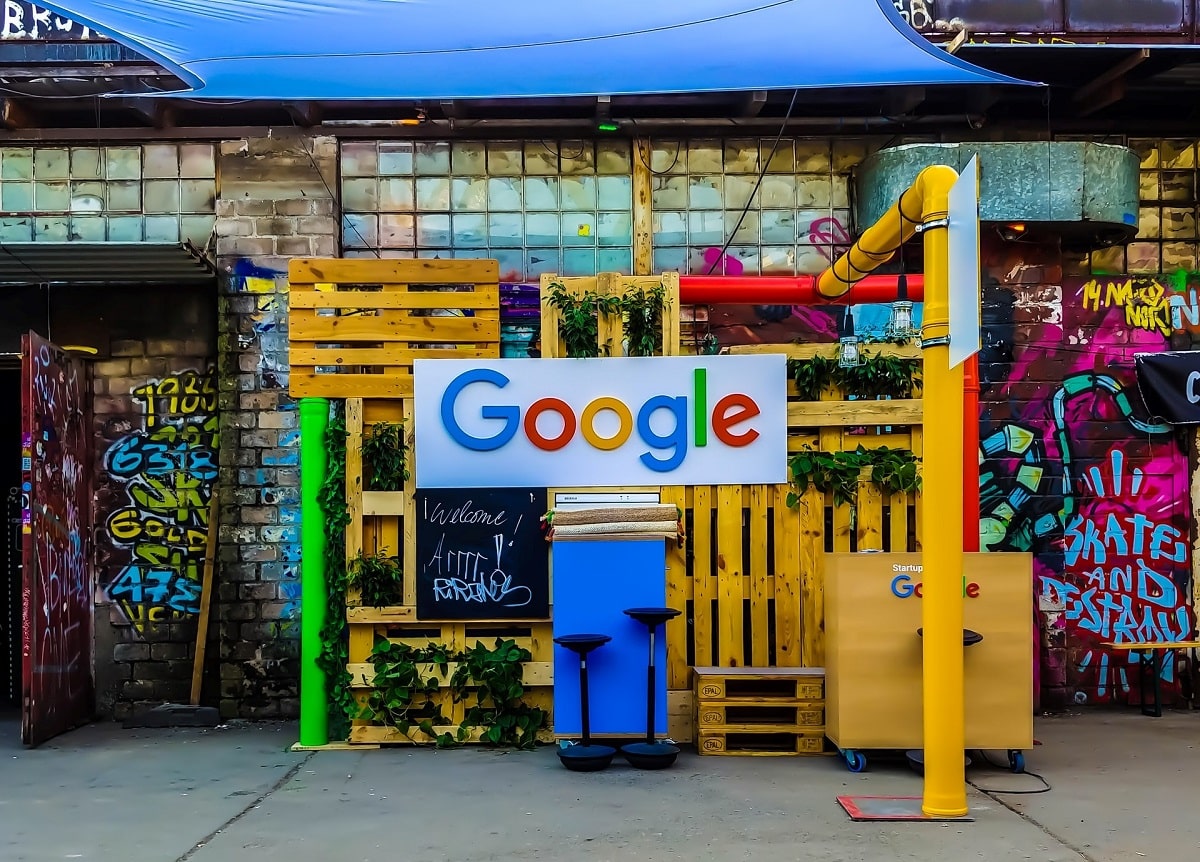



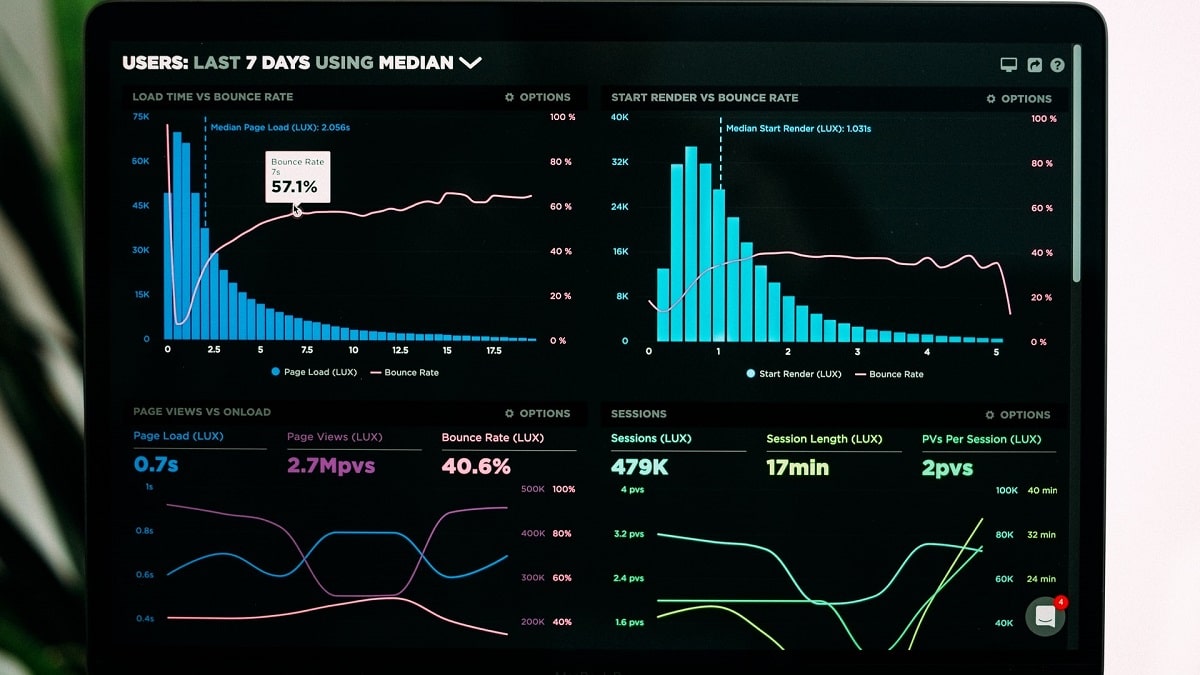



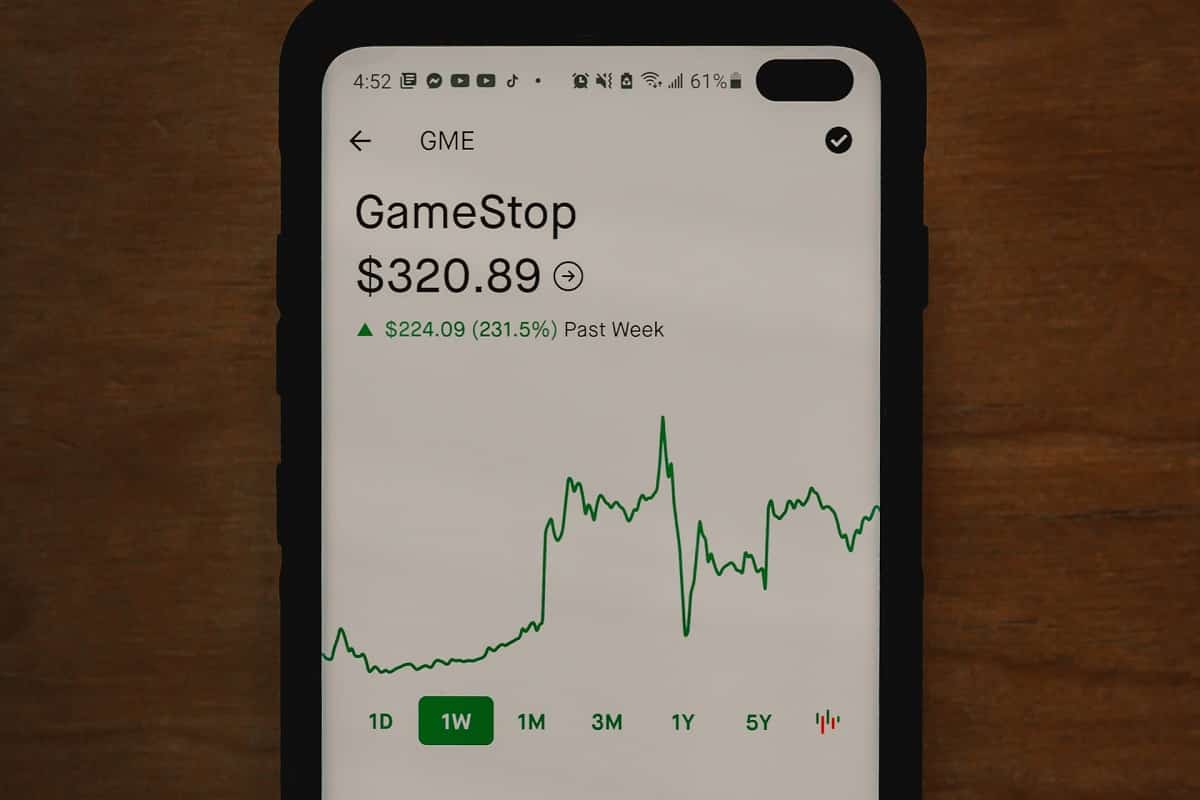



Add comment